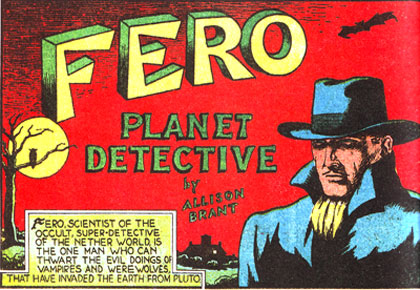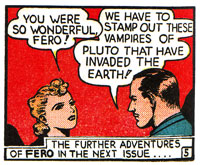Since my first attempt to critique Clive Crook on torture seems to have ended rather badly, here’s a second go. NB that this post is _not_ an obviation of the apology below for my initial misunderstanding and mischaracterization of his position. That stands – if I screwed up in reading him, I screwed up in reading him, and am perfectly prepared to take my lumps. It is, instead, a reflection of the fact that my perplexity has in part increased as he has sought to explain himself and his position further. I am quite confused about the logical connections that are supposed to pull key parts of his argument together. Now this confusion could be a reflection of my ‘remarkable incompetence’ as a reader, or alternatively of my ‘total lack of good faith.’ Or it could be a result of incoherencies either in Crook’s views themselves, or in his presentation of same. Because I simply don’t get the argument that he is making (and from the evidence of our comments section, at least some others are similarly confused). And I’ll try to present my understanding of it as non-snarkily as possible in the hope that if I don’t use words like ‘reprehensible,’ he won’t continue to suggest that I am an idiotic hack and a disgrace to the legacy of the blessed Isaiah Berlin, if indeed he bothers to reply at all. [click to continue…]
This essay is cross-posted at Orgtheory.net, the social science and management blog. For earlier discussion of this book, with Steve’s responses, click here.
Steven Teles’ The Rise of the Conservative Legal Movement (RCLM) is an important book. It is one of the few studies to thoroughly address the institutionalization of conservative politics. It’s also a well motivated account. Using ideas from contemporary sociology, Teles frames the conservative legal movements as an example of resource mobilization. Winning elections isn’t enough to implement conservative policy. One must create conservative networks and organizations that can be used to fight and win court battles. [click to continue…]
One important part of Steve Teles’ story is the rise of law and economics as a major approach to understanding how the law and regulation does (and should) work. Steve has a nice discussion of how law and economics became institutionalized, despite the opposition of various law professors, in two key ways. First, rich donors (and especially John M. Olin) helped support law and economics programs in a variety of law schools around the country (including non-conservative schools such as the Boalt school in Berkeley). Second, Henry Manne built up George Mason University’s Law School as an explicitly libertarian institution.
[click to continue…]
I’m on this private list (a thing consisting of a set of private tubes or private trucks) on which the question arose: occult detectives? History of? I suppose it starts with Poe (where else?) Some interesting names were suggested. This site was linked.
But, tragically – sinisterly, even – no mention was made of possibly the greatest occult detective of all. Ladies and gentlemen, I give you …

He appeared in a 1940 issue of Jungle Stories, available in this volume [ amazon].
Not to give away the ending, but …

Fero, Planet Detective:
Turn-offs:
Long walks on the beach
Women
Turn-ons:
Detecting planets
Stamping out vampires of Pluto that have invaded the earth.
The Australian , commonly referred to as the Oz, is Australia’s only national general[1] newspaper. It’s also been, for some time, a national joke, particularly among bloggers, for its continuous War on Science, particularly as related to climate change, and for its propensity to melt down in response to criticism from blogs and media critics.
Last week, I added a bit of fuel to the fire with a column in the Australian Financial Review attacking the delusional thinking behind claims that the science of climate change is a hoax, fraud or conspiracy, which included the following passage:
While most media outlets give at least some space to these conspiracy theorists, the central role has been played by The Australian. Not only its opinion columnists (with a handful of honorable exceptions) and its editorials, but even its news reporting is dominated by the idea that mainstream science is on the verge of being overturned by the efforts of a group of dedicated amateurs, publishing their findings not in the peer-reviewed literature but through blogs, thinktanks and vanity presses
That looked a bit different when it came out of the quote mine.